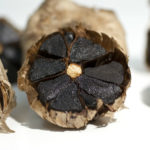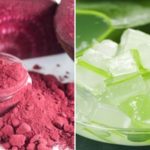1What is phytic acid?
Phytic acid is an alpha hydroxy acid (AHA), also known as inositol hexakisphosphate (IP6) or inositol polyphosphate. It is a natural compound found in various foods and is capable of reducing the absorption of minerals like zinc, iron, and calcium, thus it is called an anti-nutrient.
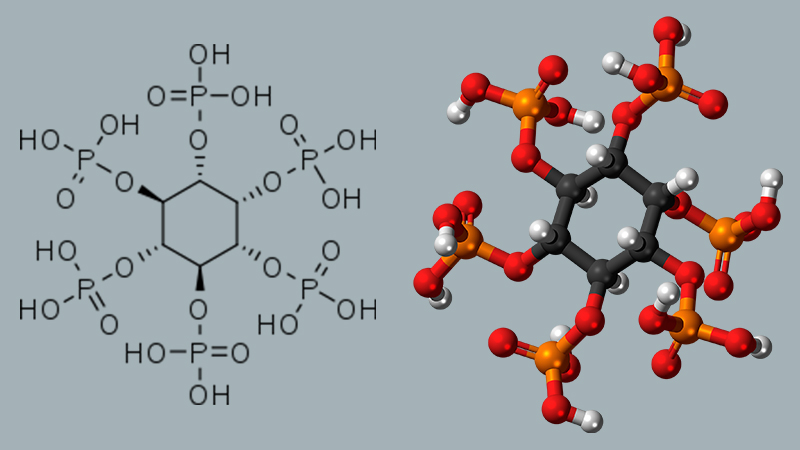
In addition, phytic acid is a nutrient component found in foods such as grains, legumes, wheat, rice,… And the content in each type varies due to environmental conditions, climate, seed type, and soil quality.
Moreover, it is also an active ingredient extracted from fruits such as Carob (a plant species in the legume family).
2What does phytic acid do?
Cancer prevention
The content of phytic acid has the function of inhibiting the development of cancer cells such as pancreatic cancer, breast cancer, cervical cancer, prostate cancer,…
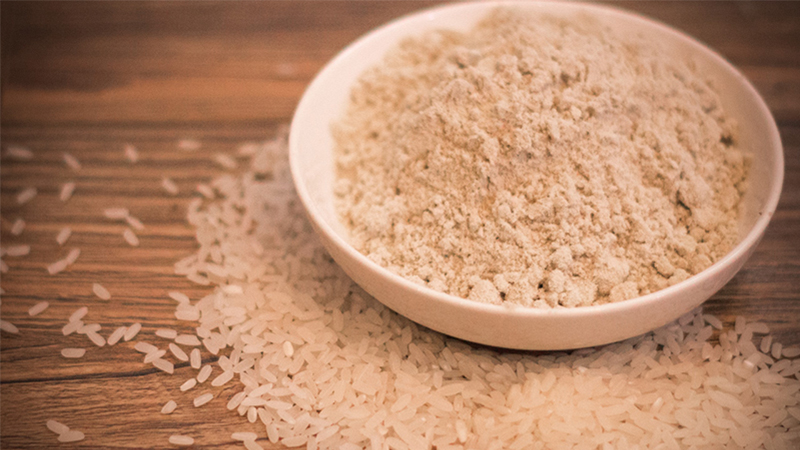
According to Elizabeth P. Ryan, a master’s degree holder from the Cancer Center at the University of Colorado in the US, phytic acid in certain foods has the function of inhibiting cancer cells, altering the progression cycle, and sometimes eliminating cancer cells.
Additionally, foods containing 1.0 – 2.2% phytic acid helps prevent the development of cancer cells and avoid spreading to other parts of the body.
Diabetes control
Because phytic acid has the ability to reduce the absorption of zinc, iron, and other minerals, it can effectively control diabetes.
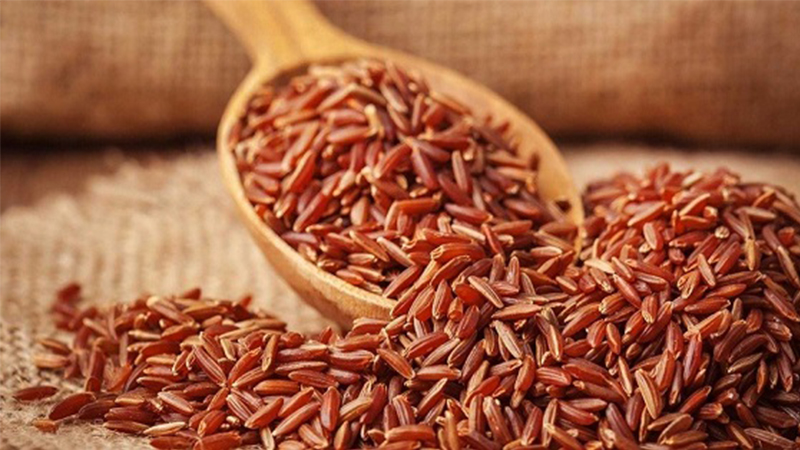
For example, diabetic patients can eat brown rice to reduce blood sugar because brown rice contains phytic acid and soluble fiber, making you feel full and satiated for a longer time, supporting stable health and helping you control your sugar levels.
Kidney stone prevention
Phytic acid is an anti-nutrient that inhibits calcium – the determining factor in kidney stones, so phytic acid is considered a component that can prevent kidney stones.
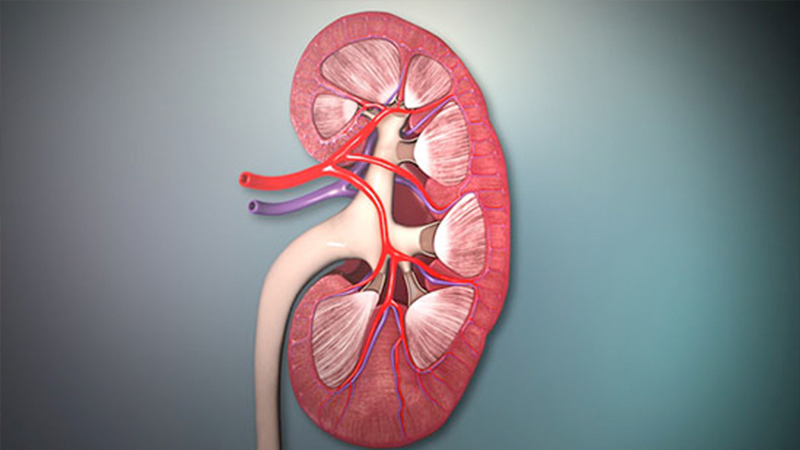
You can eat some foods containing phytic acid, but you should only eat a sufficient amount and not overeat because it can have the opposite effect and make the condition more severe.
Beauty benefits
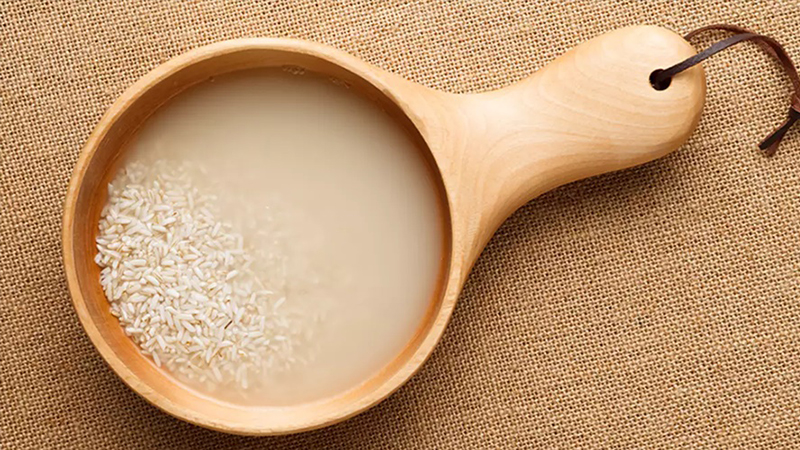
Phytic acid helps brighten the skin and remove dead skin cells. Many women often use rice water to nourish their skin because rice contains a gentle 0.1 – 1.1% phytic acid that is soothing but still provides bright and radiant skin, and fights against aging factors.
3Where does Phytic Acid appear in products?
Chemical exfoliating products
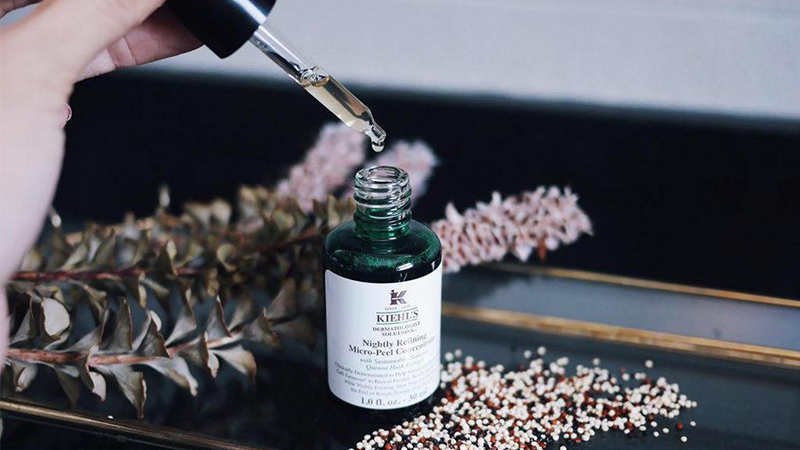
Phytic acid is famous for its gentle exfoliating effect, so it is trusted by many cosmetic brands to create products with exfoliating effects. For example, Kiehl’s Nightly Refining Micro-Peel Concentrate has the function of exfoliating and evening out the skin tone.
Antioxidant products
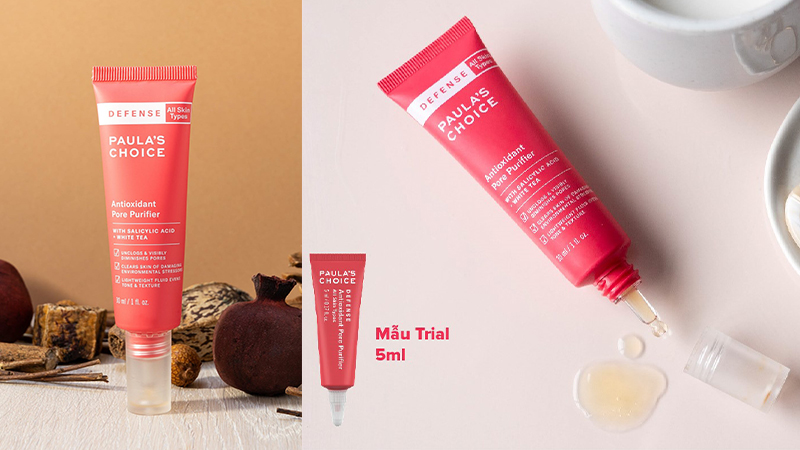
Phytic acid usually has a mild concentration, so it can protect the skin from the sun’s rays and prevent skin irritation, thus countering oxidative factors and giving a firm, youthful skin.
For example, the Paula’s Choice Defense Antioxidant Pore Purifier Whitening and Anti-Aging Serum contains phytic acid to protect the skin from the harmful effects of pollution.
4Why is phytic acid used extensively in cosmetics?
Thanks to the presence of phytic acid, exfoliating products have the ability to easily remove dead cells and do not irritate the skin, even sensitive skin. It provides a clear, tightened pore surface, and minimizes acne breakouts.
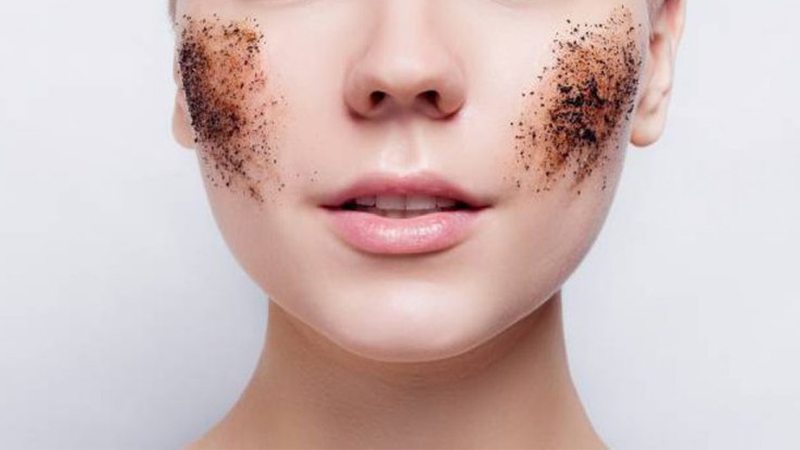
Furthermore, it protects the skin from the sun’s rays, avoiding irritation and redness when exposed to sunlight, and even has anti-aging effects, suitable for older individuals and providing firm, smooth skin, minimizing wrinkles on the face.
5Phytic acid and its gentle exfoliating effects
Exfoliating contributes to a clear and healthy skin surface, full of vitality. Additionally, it has the function of tightening pores, reducing acne and preventing dirt from sticking to the skin, optimally protecting your skin.
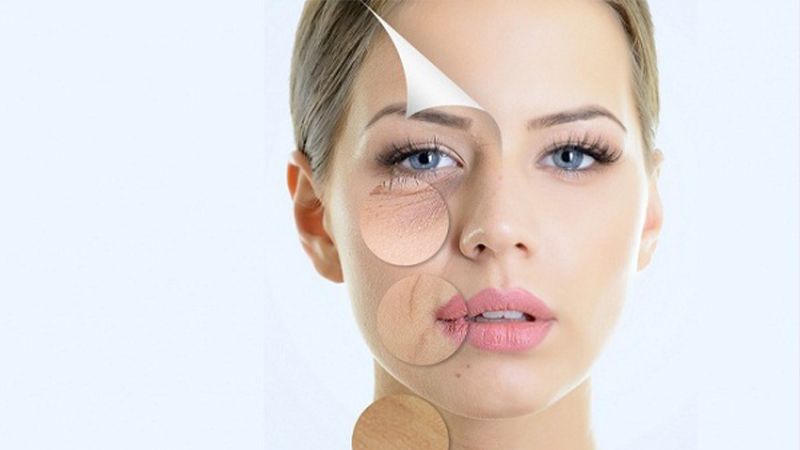
In addition, exfoliating helps improve the texture of the skin by evening out the skin tone, correcting dull skin and brightening the skin, reducing dark spots, effectively fading scars, and bringing fresh, youthful skin. Moreover, with its gentle composition, you will not experience irritation or redness after sun exposure.
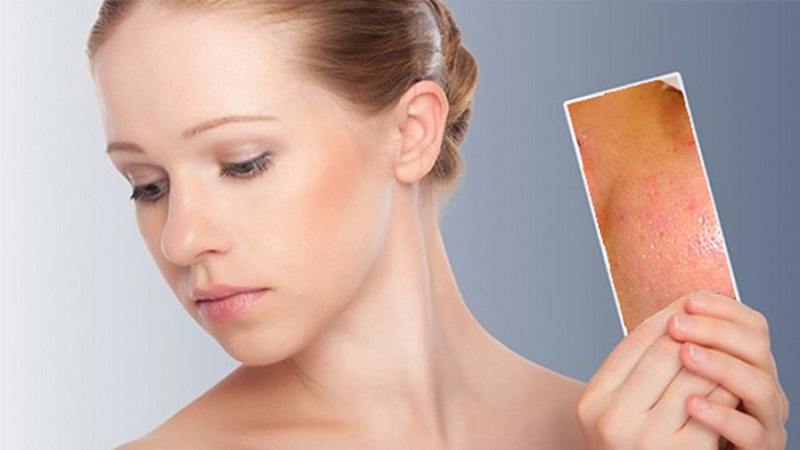
After exfoliating, your skin will be healthier and nutrients such as moisturizers, serums, and essences will be better absorbed and provide better results when applied to the face. However, when choosing products, pay attention to the content of phytic acid to see if it suits your skin.
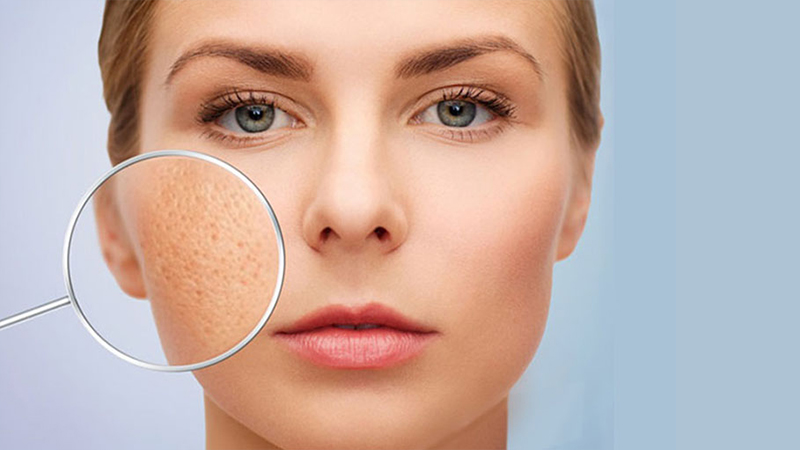
Phytic Acid brings such amazing benefits, doesn’t it? Stay tuned to our site for more interesting information!
You may also like

























